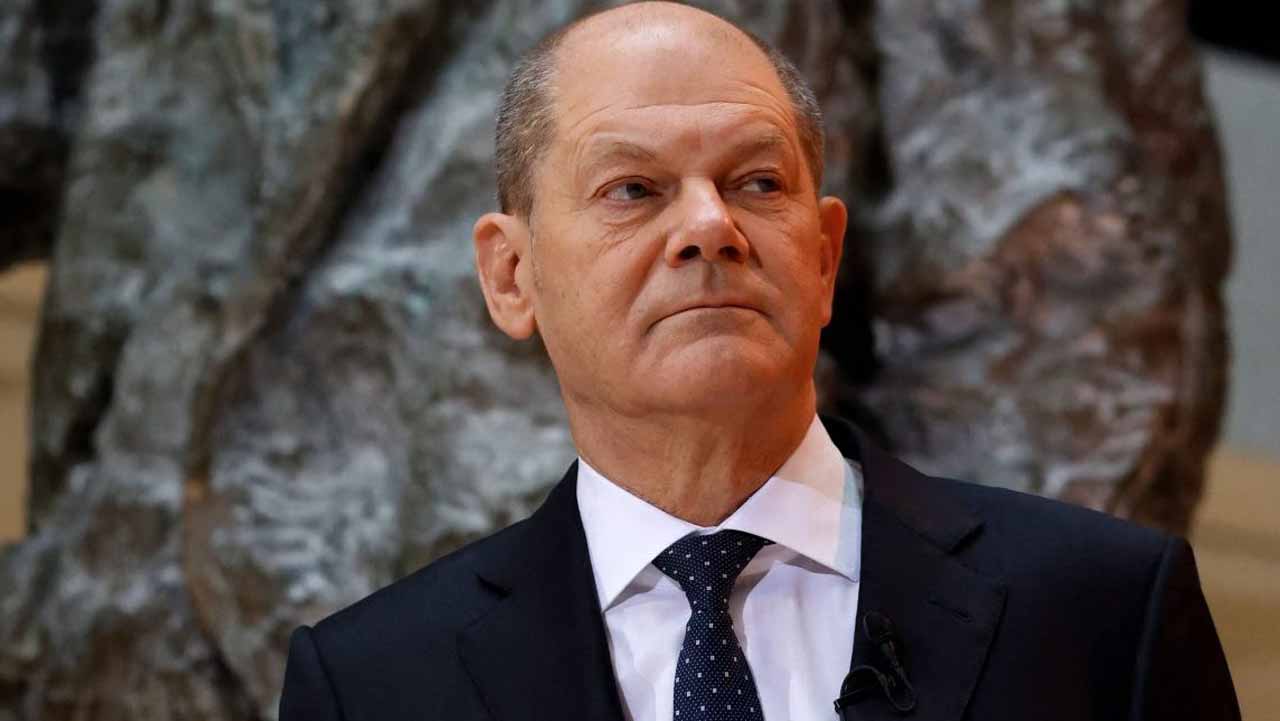
During his visit to Kenya German Chancellor Olaf Scholz spoke in favour of greater use of geothermal energy as an energy resource for Germany.
On Saturday he visited Africa’s largest geothermal plant and said: “It is also something that we can use in Germany, and we will do so. Because there is a lot potential in this way of producing energy in a climate-friendly way.”
“Geothermal energy is possible in many more places in Germany than people think today.”
The five power plants in Olkaria on the edge of Kenya’s Hell’s Gate National Park around 120 kilometres north-west of Nairobi have an installed capacity of around 800 megawatts and play a crucial role in the country’s energy production.
Kenya’s location along the East African Rift Valley, which was formed when the Arab plate split off from the African plate, and the volcanic activity in the region offer the best conditions.
The potential of this type of energy in the region is estimated at 10 gigawatts, but it is still unclear whether this can be fully exploited.
Scholz said Germany should take Kenya as an example when it comes to using one’s natural resources: “We don’t have any volcanic regions like this in Germany, but we have many areas and landscapes that have potential for geothermal energy.”
Scholz noted the use of geothermal energy will be re-evaluated again saying: “The potential is a big one. With modern technology, we also have the possibility that we can better determine whether drilling will be successful.”
Both heat and electricity can be won from geothermal energy.
The chancellor was impressed that Kenya – ahead of schedule – is expected to obtain all its electricity production from renewable sources by 2030.
“We have also made the necessary decisions to achieve the pace to reach our ambitious climate goals,” Scholz said in reference to Germany.
By the year 2030, Germany wants to be able to produce 80 per cent of its electricity from renewable sources.
But Kenya’s pioneering role must also be seen in context: The International Renewable Energy Agency (IRENA) noted Kenya only produces some 12-gigawatt hours (GWh) of electricity, whereas Germany, which is much more industrialised, produces almost 50 times as much.
Germany’s involvement in green energy projects in Kenya – especially in the field of geothermal energy – has a long tradition.



